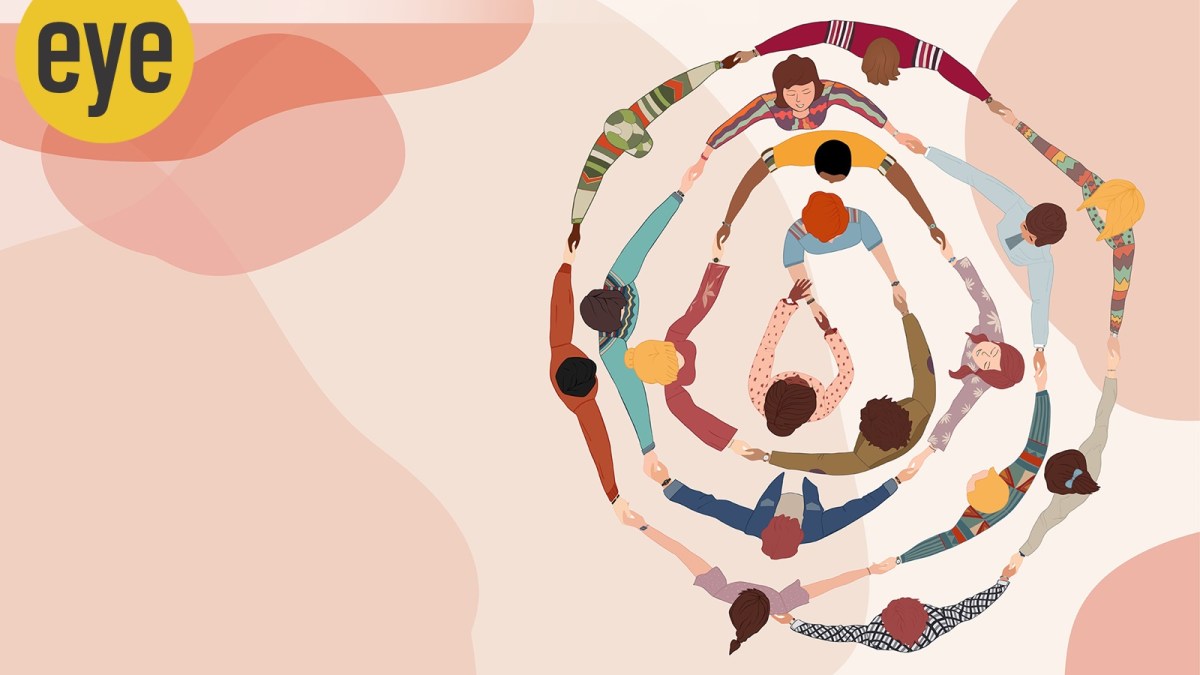To the difficult girls
Resistance is not a grand heroic act, but it is in tiny everyday acts of survival and resistance

Dear You
“Bigdi hui ladki”( Difficult girl)! That’s what my Dadi called me with an equal measure of tenderness and perplexity. Either of these sentiments would see-saw in proportion to the trouble I had got myself in. Every morning Ma would make sure that I started off to school like everyone else, hair plaited, skirt pleated but by the time I would return, kicking that one stone all the way home, I would be rearranged by a hurricane. Missing pieces of myself – sometimes a sock, a tie, a shoe and once the whole school bag. I would rather run than walk, speeding through days as if always hungry for more. We would finish our lunch in the Physics class, the pickles and the paranthas being passed around with the same level of skill and familiarity as the teacher’s diagrams on the blackboard.
I grew up in a time when there were no PTMs and parents were at the mercy of teachers on the roads or at get-togethers which are inevitable in a small town. My mother would tell me, “Ghar se bahar nikalna hi mushkil ho gaya he. Pata nahi kahaan tumhari teachers pakad lein.” (It is so difficult to leave home now as I have no idea where your teachers will catch me). But just like my Dadi, I could sense that her indignance held so much glee too. She was delighted by her bigdi hui ladki.
I was not alone in my “bigdiness”. Our group had become known for shaking up a lot of things – male teachers who relished humiliating girls, uncles who thought they knew better, and boys who took to leering and commenting on our bodies. Same boys whom we had seen sobbing for their mothers at school gates before they got recruited by the masculinity code.
We make stories and stories make us. What is it about the story of being bigdi hui ladki that shaped who I was then…or maybe who I am now? I come from generations of bigdi hui pahadi ladkis. My Dadi, could not read or write, but she was one of the fiercest feminists I have known. She did not let the dominant idea of “how women should behave” define her life. She was a tiny, frail woman with hearty laughter who lived life on her terms and did not let men dictate to her.
Would you agree that being bigdi-hui-ladki is an act of resistance? It is a refusal to fit in, refusal to be just nice, to take less space, to be silent. It is about claiming our right to be difficult. It can be threatening in a society where being a girl itself is a crime. “Humaare samaaj mein ladki hona hi gunaah hai,” these words by a young girl echoed the sentiments of countless young women growing up in a culture where there are widespread, daily accounts of gender-based violence. Where girls are killed even before they are born because they bring “baddua” (curse), the family is pitied as “badkismat” (unfortunate), and girls who challenge patriarchy are seen as “badchalan” (characterless).
However, as a society, it would also be absurd to assume that women are passive recipients of men’s violence. We come from a long history of bigdi hui warrior women. Resistance has taken shape as social movements led by women on a larger scale such as Justice for Nirbhaya, Narmada Bachao Andolan, Shaheen Bagh protest, Chipko movement, Gulaabi Gang, Irom Sharmila and Mothers of Manipur against the AFSPA, and many more have shaken the cobwebs of our patriarchal society.
If there is anything we learn from these movements is that resistance is not a grand heroic act, but it is in tiny everyday acts of survival and resistance. It can be something as simple as starting a conversation on “Draw The Line”. Where the person who is most vulnerable in a classroom, organisation, community etc. draws a line on what helps them feel safe and what makes them feel unsafe. Imagine if in schools girls led a conversation, attended by everyone, on drawing the line between language and actions they were okay with and what they were not. Everything spelt out on the whiteboard as to what was above the line and what was below. It might read like, “Stop body shaming,” “No vulgar language,” ‘No misogynist jokes” etc. Following this everything was documented in black and white for all eyes to see and all minds to know. On every website, noticeboard and orientation.
Bigdi-hui-ladki is a testimony to our spirit that we are done being quiet about this. There is a Mexican proverb, “They tried to bury me, but didn’t know that I’m a seed.” It captures the dignity of the human spirit. We warrior women are not mere victims of brutality, pain or violations. We cannot be crushed, we resist, and we grow back again. Even stronger.
In solidarity with all of the difficult girls.
Salaam!
Shelja
Acknowledgment: 1. Stop Abuse Project by Just Therapy Team, Lower Hutt Aotearoa New Zealand 2. Natasha Badhwar & Raju Tai